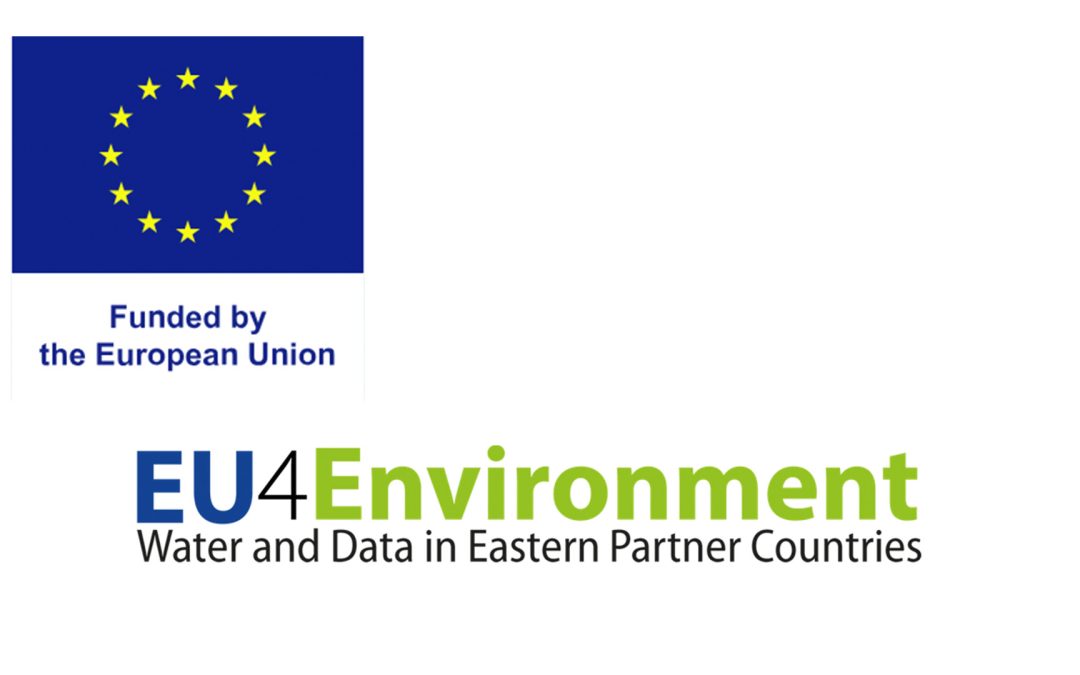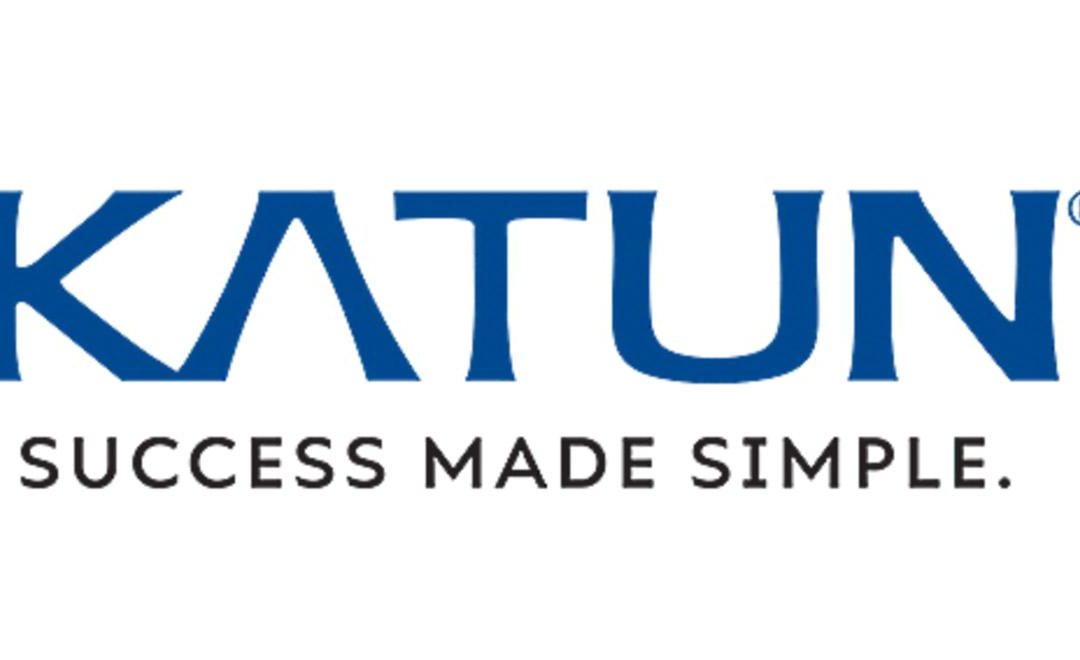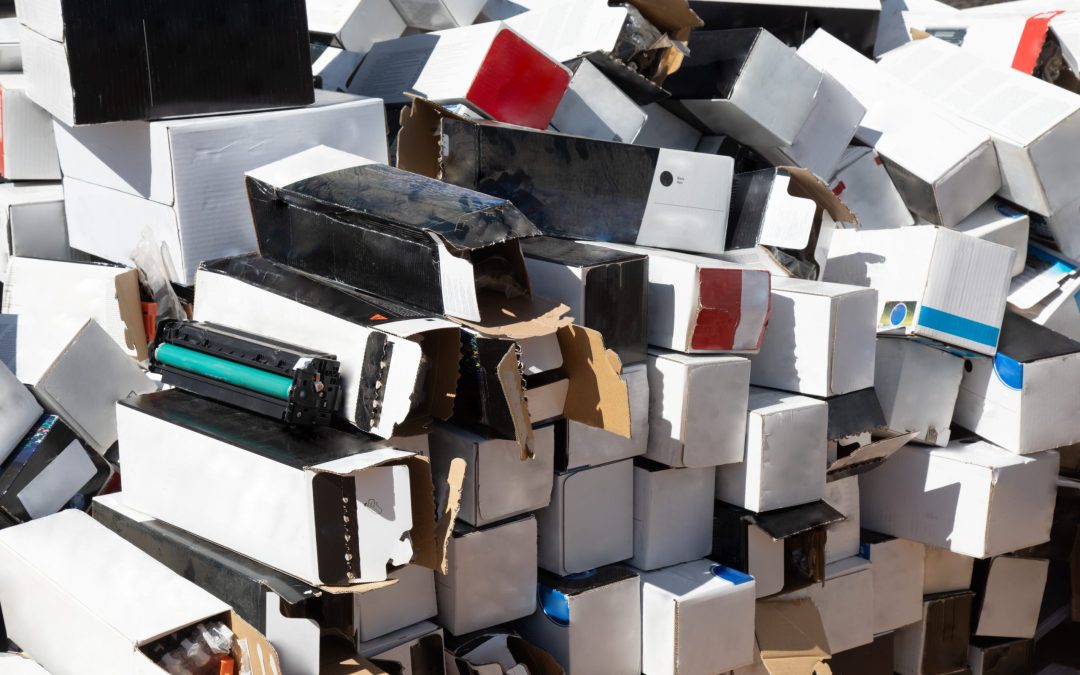 The 30% requirement will apply to all tenders including direct awards below €40,000 ($48,000).
The 30% requirement will apply to all tenders including direct awards below €40,000 ($48,000).
At the end of January, Italy inked into law their November 2019 “Minimum environmental criteria for the supplies of toner and inkjet cartridges” (CAMs) for the award of the integrated service for the return of used toner and inkjet cartridges, preparation for reuse and supply of remanufactured toner and inkjet cartridges.
Contracting authorities purchasing new cartridges will need to ensure their tenders meet the following requirements there is “an integrated service of collection of used empties, preparation for reuse and supply of remanufactured toner and ink-jet cartridges.” At the same time the purchase of cartridges should include at least 30% are CAM compliant remanufactured cartridges.
These obligations concern tenders above and below the Community threshold, including direct awards below €40,000 ($48,000).
The environmental objective is to promote the preparation for the reuse of cartridges in order to prevent the generation of waste and reduce the environmental footprint from printing and copying and the environmental impacts associated with the production of new cartridges. Leveraging the market and supporting companies preparing for reuse of quality toner and inkjet cartridges with yield and print quality equivalent to that of original cartridges and with toner powder or ink free of certain dangerous substances and lower emissions of dangerous substances.
The document cites ETIRA-commissioned tests that found hazardous decaBDE in some newbuilt non-OEM cartridges and a 2020 ETIRA report that revealed a some imported non-OEM new-build cartridges sourced in Europe that were tested by the German LGA Institute and 100% failed.
The market for remanufactured cartridges is deeply in crisis due to competition from compatible cartridges produced from newly manufactured empty shells, essentially produced in third countries outside the EU or with components manufactured in these countries, which can be placed on the market at very high prices smaller than those of remanufactured cartridges whose more “labour intensive” process, controlled and tracked, is significantly more expensive. Moreover, the compatible cartridges, in addition to being made up of empty first placement on the market, therefore in addition to not having the environmental added value of remanufactured cartridges, are not regenerated except in marginal cases, ending their life cycle mostly in landfills or in incineration plants already after the first use, are often made up of plastics containing substances prohibited under Directive 2011/65 / EC (RoHS 2 Directive) and sometimes significantly emissive of hazardous substances 2. Compatible cartridges are a category products with a high risk of violation of the rules on industrial property, which make it one of the reasons for the low rate of regeneration, together with the deterioration of the qualitative – performance characteristics that they generally undergo already following a single regeneration cycle.
According to the document “compatible cartridges, favoured by the low prices, have won large market shares in both the public and private sectors, causing the cessation of many remanufacturers. [And] It is therefore important to effectively support companies dedicated to preparing for the reuse of cartridges, which carry out a “circular economy” activity.”
Remanufactured cartridges will need to be certified that they meet the correct environmental criteria and the CAM acknowledges that to certify about 60 products with the Nordic Swan Ecolabel, could cost around €10,000.00 ($12,000.00) plus fees, which poses a financial barrier for micro, small and medium-sized enterprises.
Authorities placing tenders will need to ensure that the supplied cartridges conform to the Blue Angel, Eco-label, Nordic Ecolabel or other environmental labels compliant with UNI EN ISO 14024″. Currently only a few remanufactures have a limited range of Blue Angel certified cartridges on the market. But the regulation does provide a third option in that the remanufacturer must:
- Demonstrate that the cartridges are made in a “workmanlike manner”.
- That the empty cartridges were recovered in accordance with the legislation in force in the country of production.
- Through a certification such as Remade in Italy or equivalent, or with certifications or reports evidence issued by a conformity assessment body accredited pursuant to Regulation (EC) No. 765/2008 in compliance with the UNI CEI EN ISO / IEC 17000 series.
- Or the successful preparation of remanufactured cartridges in compliance with the technical standards DIN 33870-1 and DIN 33870-2 for toner cartridges, and with the technical standards DIN 33871-1 and DIN 33871-2 for inkjets.
Giovanni Ravelli, President of Arti-Italia, the Italian trade association told The Recycler “This is an achievement after one more year of cooperation together with the Ministry of Environment. ARTI Italy worked very actively to obtain these guidelines necessary for the correct and clear application of the second edition of CAM.”




















